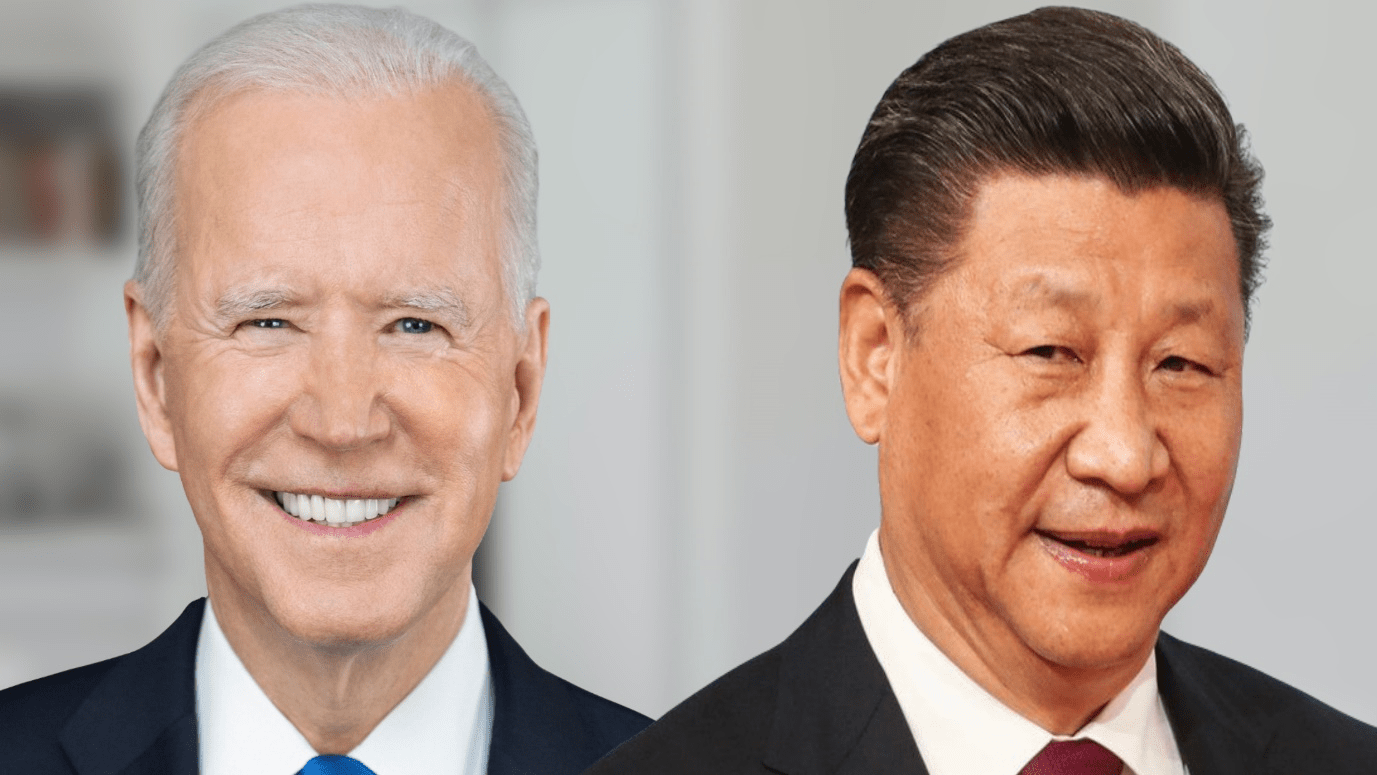

September 14, 2021: -On Friday, Chinese President Xi Jinping and U.S. President Joe Biden spoke for the first time since February.
It marked the second call between the leaders since Biden took office in January, as tensions between the world’s two largest economies simmer.
“President Biden underscored the United States’ enduring interest in peace, stability, and prosperity in the Indo-Pacific and the world, and the two leaders discussed the responsibility of both nations to ensure competition does not veer into conflict,” the White House said in a readout of the call released Friday morning. Chinese state media confirmed the call shortly afterward.
Xi said in the report that, “based on respecting each other’s core concerns and properly managing differences,” relevant departments of the two countries can engage for cooperation on climate, Covid prevention, economic recovery, and significant international and regional issues.
He said if there’s a “confrontation” between China and the U.S., “both countries and the world will suffer,” while all will benefit if the two nations work together.
The state media report also included some description of Biden’s comments, including a remark that: “The two countries have no reason to fall into conflict as a result of competition.”
In February, the two leaders last spoke just before the Lunar New Year, China’s most important holiday, in a call Biden said lasted two hours.
Friday’s call, which lasted for about 90 minutes, discussed a range of transnational issues and touched on economic issues. Although that aspect of U.S.-China policy remains under review, Reuters reported, citing a senior U.S. administration official. The two leaders can be candid with each other without lecturing, the official said.
The U.S. focus must be on rallying partners and allies, the official said in the report.
Biden’s strategy for dealing with China has centered on working with traditional U.S. allies. The preceding Trump administration had taken a more singlehanded approach of applying tariffs and sanctions on China to address longstanding business complaints of unequal market access and forced technology transfer.
The geopolitical landscape has grown more complex this summer with the U.S. withdrawal from Afghanistan and the rise of the Taliban in a region that shares a border with China.








© THE CEO PUBLICATION 2021 | All rights reserved. Terms and condition | Privacy and Policy